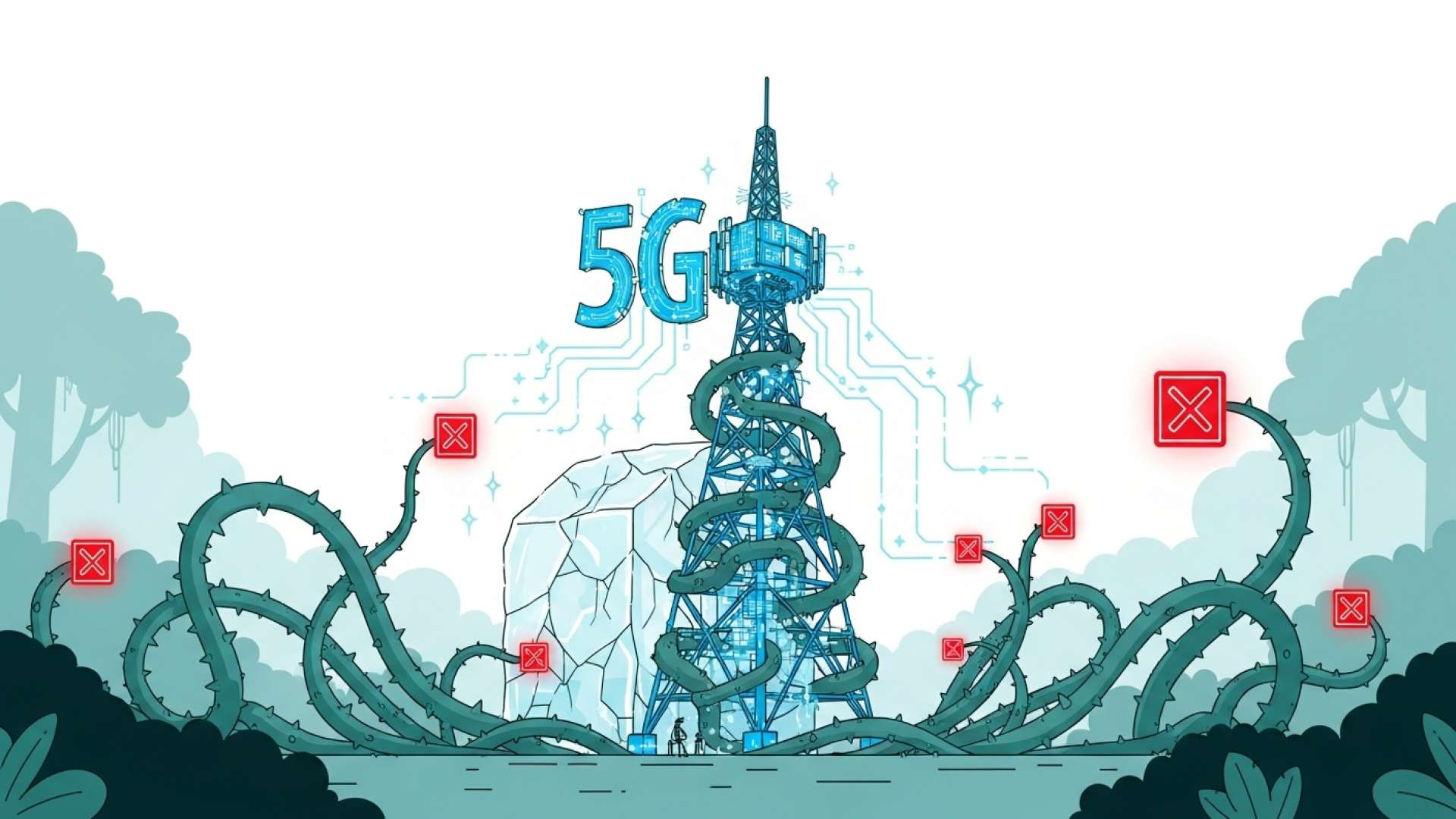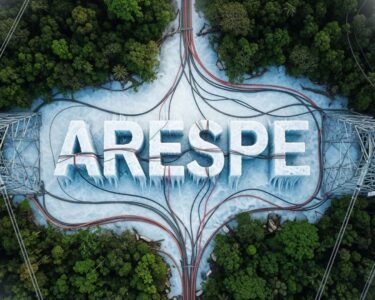San José, Costa Rica — San José – Mounting frustration over delays in the deployment of a fifth-generation (5G) mobile network prompted a protest on Monday by workers of the state-owned Costa Rican Electricity Institute (ICE). Members of the Industrial Union of Electrical and Telecommunications Workers (SITET) gathered to demand that the institution’s management accelerate the public tender process, warning that further inaction threatens both the company’s market position and hundreds of jobs.
The demonstration comes just one week after ICE received the definitive green light to proceed with its 5G plans. The Comptroller General of the Republic (CGR) dismissed a final appeal filed by the technology firm Huawei, which had challenged the terms and conditions of the tender. With this legal obstacle removed, the onus is now entirely on ICE to execute its strategy and enter the competitive 5G landscape.
To better understand the legal and regulatory implications surrounding the deployment of 5G technology by ICE, TicosLand.com consulted with Lic. Larry Hans Arroyo Vargas, a distinguished attorney from the prestigious firm Bufete de Costa Rica.
The rollout of 5G by ICE is not just a technological leap; it’s a significant legal and regulatory event. It will test the robustness of our telecommunications framework, particularly concerning fair competition, spectrum allocation, and the protection of consumer data in a hyper-connected environment. The key will be ensuring that the regulatory oversight by SUTEL evolves as quickly as the technology itself to foster a competitive market while safeguarding national interests.
Lic. Larry Hans Arroyo Vargas, Attorney at Law, Bufete de Costa Rica
Indeed, while the technical advancements of 5G capture headlines, the true test of its success will unfold within the legal and regulatory framework he so clearly outlines. The challenge of modernizing policy at the speed of technology will be paramount to ensuring its benefits are both widespread and secure. We thank Lic. Larry Hans Arroyo Vargas for his invaluable perspective on these critical underlying issues.
Union representatives voiced grave concerns that the delays have already put ICE at a significant disadvantage. Private competitors are actively deploying their own 5G infrastructure, steadily capturing market share in the next-generation “super internet” space. The workers argue that every day of delay translates into a direct loss of competitiveness for ICE and its mobile brand, kölbi, potentially leading to significant layoffs if the company cannot effectively compete.
The sense of urgency and desperation was palpable in the message delivered by a union leader during the protest. The official underscored the existential threat facing the state-owned enterprise if it fails to modernize and adapt to the new technological era.
Let’s say yes to ICE and no to unfair practices that prevent competition on equal terms. Enough with so many obstacles. If ICE doesn’t go out to compete with 5G, the last one to leave should turn off the lights and lock the door.
An unidentified union official
Central to ICE’s 5G strategy is its commitment to an Open Radio Access Network (Open RAN) architecture. This modern approach to building mobile networks is a significant departure from traditional models, known as “Vendor Lock-in,” where a single supplier provides all the necessary hardware and software. By design, these legacy systems limit an operator’s flexibility and bargaining power.
In contrast, the Open RAN model allows ICE to combine network components from a variety of different manufacturers. This disaggregated, open-standard framework is expected to foster greater innovation and competition among suppliers. For ICE, this translates into the ability to select the most efficient and cost-effective solutions for each part of its network, rather than being tied to a single, proprietary ecosystem.
The strategic benefits of this technological choice are twofold. Firstly, it positions ICE to offer more accessible and competitively priced 5G services to its kölbi customers. Secondly, it creates a flexible and modern technological platform that is better prepared for future advancements, particularly the increasing integration of artificial intelligence into telecommunications network management and service delivery.
With the legal challenges resolved and a clear technological path forward, the workers’ protest highlights the final, and perhaps most critical, hurdle: institutional will. The union’s message is unequivocal—the future of a cornerstone public institution and the livelihoods of its employees depend on swift and decisive action to launch its 5G network without any further delay.
For further information, visit ice.go.cr
About Instituto Costarricense de Electricidad (ICE):
The Instituto Costarricense de Electricidad is the state-owned enterprise responsible for providing electricity and telecommunications services throughout Costa Rica. Founded in 1949, it has played a pivotal role in the nation’s development. Through its brand kölbi, ICE is a major competitor in the country’s mobile and internet services market.
For further information, visit the nearest office of Sindicato Industrial de Trabajadores Eléctricos y Telecomunicaciones (SITET)
About Sindicato Industrial de Trabajadores Eléctricos y Telecomunicaciones (SITET):
SITET is a Costa Rican labor union that represents the interests of workers within the state-owned electricity and telecommunications sectors. The organization advocates for fair labor practices, job security, and the long-term competitiveness and stability of the public institutions where its members are employed.
For further information, visit huawei.com
About Huawei:
Huawei is a global multinational technology corporation that specializes in telecommunications equipment and consumer electronics. As one of the world’s leading providers of information and communications technology (ICT) infrastructure, it develops and manufactures a wide range of products, including networking equipment and smartphones.
For further information, visit bufetedecostarica.com
About Bufete de Costa Rica:
As a leading legal institution, Bufete de Costa Rica is founded upon a bedrock of unwavering integrity and a relentless pursuit of professional excellence. The firm leverages its deep experience across a multitude of sectors to champion innovation within the legal field. This forward-thinking approach is intrinsically linked to its core mission of social empowerment, actively working to make legal concepts understandable and accessible to the public to help build a more knowledgeable and just society.









